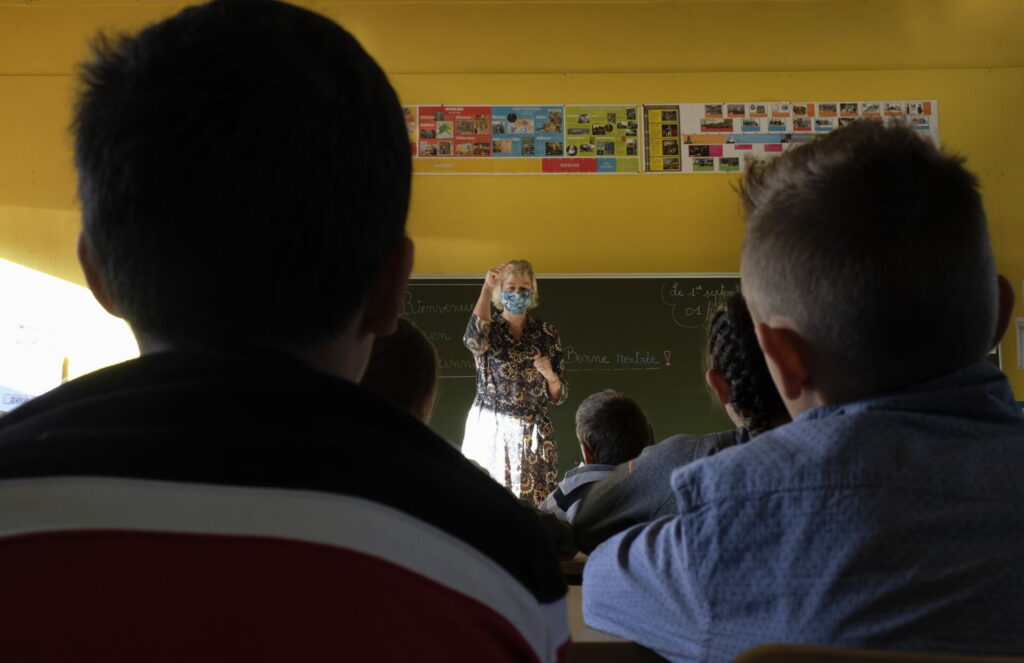From exams being cancelled to students lagging behind, the chronic teacher shortage in Flanders is wreaking havoc on the region's education system. Next week sees the start of the Flemish school year and with it, renewed anger about the ongoing issue.
For years, the alarm signals have been unattended, culminating in a full-blown crisis in Flemish schools. In anticipation of pupils returning on 1 September, primary school principals have sent an open letter to Education Minister Ben Weyts including ten proposals to combat teacher shortages.
"If this continues, we will be forced to close classes or entire schools; we must avoid this at all costs so that parents are not again (as in times of the pandemic) made responsible for the care and education of their children," the letter from the Cross-border Consultation Platform for Principals' Organisations in Primary Education (NODB) read.
While the school heads stated they don't hold the minister alone responsible for the problem, they called on Weyts to find both short- and long-term solutions. These include rewarding teachers who work full-time and giving every teacher an assistant in the classroom.
They also want teachers to be able to obtain three diplomas: teacher assistant, teacher bachelor and a teacher master's degree. Furthermore, teacher training should be supplemented with a year of (paid) internship to make the profession more attractive and lateral entrants can bring 20 years of seniority with them from other sectors.
Growing secondary schools
To compound the alarming teacher shortages, student numbers in secondary numbers are increasing (it is decreasing in nursery and primary education), according to figures published by Statistics Flanders shared by Weyts.
The Flemish primary and secondary education counted 1.2 million pupils during the school year from 2021 to 2022.
Related News
- 'Lost year': Foreign-language students particularly struck by pandemic
- School supplies 40% more expensive in Belgium
The number of pre-schoolers has been declining slightly since the school year 2014-2015, and the number of pupils in primary school has been declining since the school year 2020-2021. Meanwhile, numbers in secondary schools have increased since 2015.
Weyts announced that in light of these figures, €3 billion will be invested in school infrastructure – €500 million more than in the previous legislature, with a focus on secondary education, "because the needs are greater there now."

